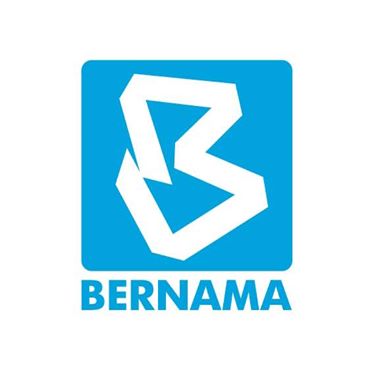5 Common Mistakes People Make When Starting A Food Business In Kuala Lumpur
17 hours ago
Subscribe to our FREE Newsletter, or Telegram and WhatsApp channels for the latest stories and updates.
Opening a food business in Kuala Lumpur can be exciting. The city is a melting pot of tastes, cultures, and hungry customers always looking for the next big thing. But at the same time, the food and beverage (F&B) industry here is notoriously competitive.
Many new cafés, restaurants, and food stalls don’t survive their first year. Often, it’s not because the food isn’t good, but because of avoidable mistakes.
Here are five common pitfalls aspiring food entrepreneurs in KL should watch out for:
1. Choosing the wrong locationIt’s tempting to rent a spot in a trendy neighborhood, but foot traffic doesn’t always equal sales. A hip area might attract crowds, but if those customers aren’t your target market — or if parking is a nightmare — your business will struggle.
For example, cafés in Bangsar or Mont Kiara may look attractive, but rent can be sky-high and competition is intense. Always balance visibility, accessibility, and affordability.
2. Not understanding local preferencesKuala Lumpur has a diverse population — Malay, Chinese, Indian, and international communities — all with different tastes and spending habits. A menu that works in Damansara might flop in Cheras.
Some areas prefer affordable comfort food, while others lean toward health-conscious or premium options. Doing proper market research (and taste tests) with your intended audience is crucial before locking in your concept.
3. Underestimating licencing and regulationsMany entrepreneurs are caught off guard by the paperwork involved. From health inspections to business licenses from Kuala Lumpur City Hall (DBKL), skipping these steps can lead to fines or even forced closures. Halal certification is also another avenue to consider. While it is not mandatory, having it will attract more customers.
Some businesses open quickly without realizing that full compliance can take months. It pays to get legal and regulatory advice early on.
4. Poor cost controlFood business margins are notoriously thin. New owners often overspend on décor, premium ingredients, or a big team, thinking customers will “come later”.
The reality: if your food cost, rent, and staff salaries aren’t balanced, you’ll burn through cash fast. Many seasoned operators suggest starting small — perhaps with a kiosk, food truck, or cloud kitchen — before expanding.
5. Neglecting marketing and brandingIn KL, where cafés and restaurants open almost weekly, simply having good food isn’t enough. Too many business owners rely on word of mouth, but customers today often discover places through Instagram, TikTok, or food delivery apps.
A strong brand identity, clear social media strategy, and eye-catching presentation can make the difference between blending in and standing out.
Tools and services exist to help new and current business ownersRunning a food business in KL isn’t just about recipes and passion. It’s about smart planning, cost control, and understanding the market. Avoiding these mistakes won’t guarantee success, but it will give you a much stronger chance of thriving in one of Asia’s most competitive F&B hubs.
For entrepreneurs who want to go beyond guesswork, one resource worth looking at is Raida F&B Insights.
The platform gathers real data on market trends, customer preferences, and menu performance to help food operators make smarter decisions. Instead of relying only on trial and error, Raida offers a clearer picture of what’s working — and what isn’t — in Malaysia’s dining scene.
Think of it as having a behind-the-scenes guide to the local F&B industry: what customers are ordering, how spending habits are shifting, and where the opportunities lie. For anyone serious about running a food business in KL, tools like this can be the difference between running blind and running with confidence.
Raida claims that big brands pay up to RM40,000 for market reports, but they offer simple and affordable research for every day eatery owners.
Let’s have a look at the three packages they offer:
Starter Report (RM9.90)
This report is a quick snapshot to test your idea and see where opportunities are. Inside the report, you will find:
Growth Report (RM49)
The Growth Report offers a detailed breakdown to refine your concept, menu, and pricing:
Full Market Report (RM150)
As the most comprehensive package, this report offers complete insights for location, cost, and investment decisions. Inside you’ll find:
For more information on Raida, head on over to their official website at raida.pro.
Share your thoughts with us via TRP’s Facebook, Twitter, Instagram, or Threads.
...Read the fullstory
It's better on the More. News app
✅ It’s fast
✅ It’s easy to use
✅ It’s free









